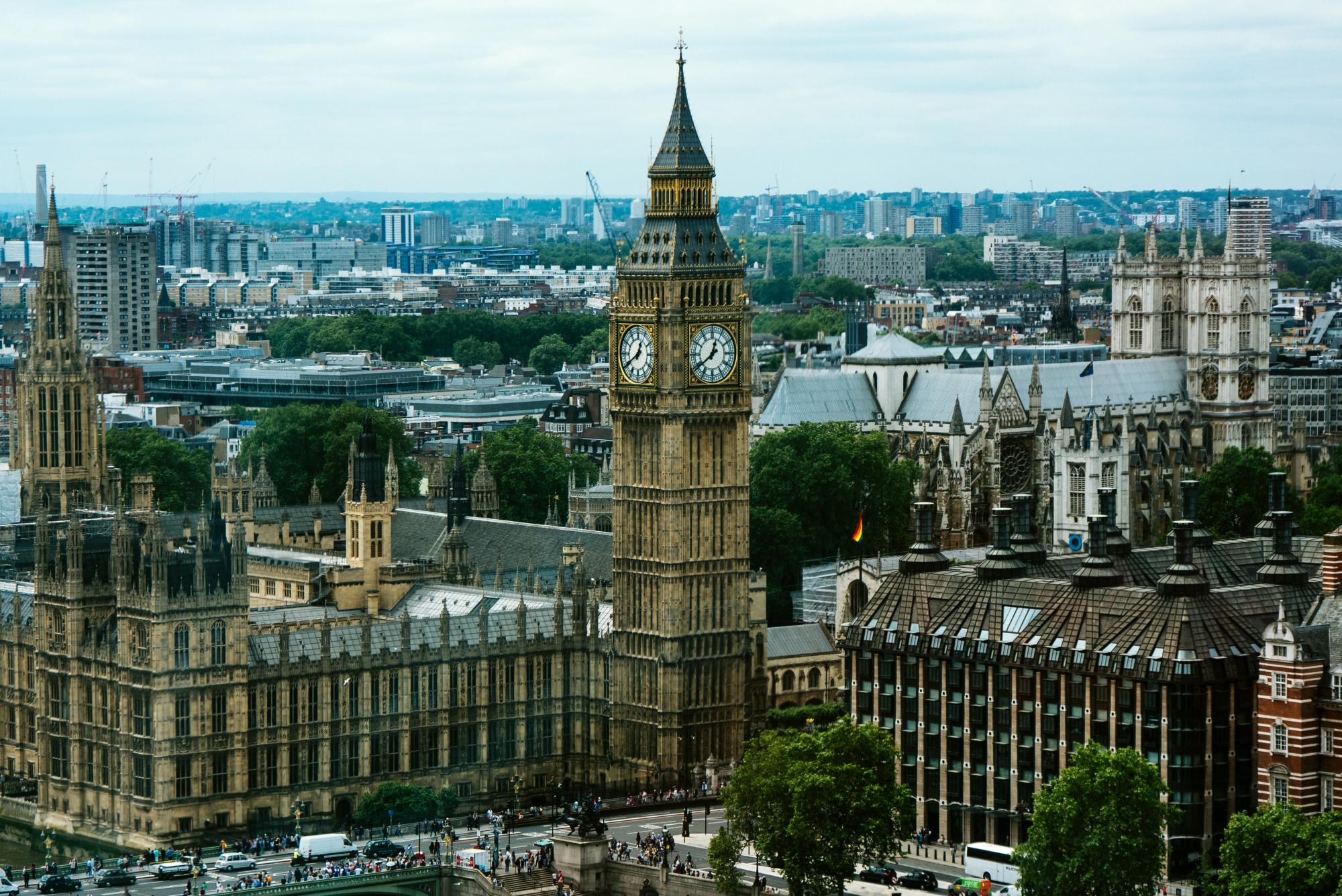Test- FTSE 100 Kicks Off August on a High as BP and Senior Lead Market Momentum
$11
10 Oct 2025, 13:13

Unsplash.com

Following the high-profile bankruptcy of Silicon Valley Bank (SVB) in the United States last year, the finance ministry of Britain announced on Thursday that it aims to implement new processes to better manage the failure of small banks.
Less than a year after the abrupt collapse of California-based SVB sent shockwaves through the financial markets, the ideas are being discussed. In March of last year, HSBC intervened to acquire SVB's UK division for a symbolic one pound.
According to Britain's Treasury, the plans would force the sector to bear part of the consequences of the bank failures instead of the government.
The government thinks that rather than declaring a failing small bank insolvent, it could be in the public interest to move it into a "Bridge Bank" or, as was the case with SVB UK, to a willing buyer.
However, the Treasury stated that given the possibility that a bank of this kind would need to be recapitalized, there may be risks for taxpayers. The plans address this by giving a resolved financial institution additional alternatives for financing sources.
It further stated that the revised procedure would enable the BoE to employ money supplied by the banking industry to pay for resolution-related expenses, such as those related to recapitalising and running the bankrupt bank.
In order to support the banking industry during the 2008 financial crisis, the government was forced to intervene and provide 137 billion pounds of public funds.
Aiming to prevent public money from being jeopardised in the process of resolving a failing bank, Britain has a resolution framework for financial institutions. It was initially implemented in 2009 as a result of the world financial crisis.
According to the government, the plans would strengthen Britain's regulatory framework and guarantee that consumers, public finances, and financial stability would always be adequately protected in the event that banks collapse.
(Sources: investing.com, reuters.com)